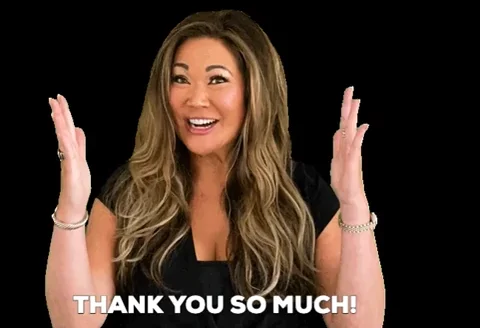Do you want to be a Rockstar?

Or do you want to be a Superstar?

Celebrities are awesome, but we're not talking about them here. Rockstars and Superstars can be used to classify working styles.

Knowing these two working styles will be useful to understand their motivations for career growth.
Who's A Rockstar?
A Rockstar is solid as a rock! They're reliable, stable, and consistent.
 Photo by Winggo Tse on Unsplash
Photo by Winggo Tse on UnsplashRockstars are high-performing individuals in an organization who:
Possess rock-solid knowledge and expertise, so they're masters of their craft
Are steady and reliable, since they keep things running smoothly
Are happy where they are, so they don't usually seek a promotion or a new job
Provide stability and high productivity to their teams and organizations
Who's A Superstar?
A Superstar is bright as the stars! They have a strong presence, are passionate and ambitious.
 Photo by Jeremy Thomas on Unsplash
Photo by Jeremy Thomas on UnsplashSuperstars are also top performers in an organization. But they operate differently from Rockstars. They:
Have high levels of curiosity, so they're always experimenting
Move fast and push their limits by taking on new challenges
Are ambitious and aim to grow, so they like to seek promotions or new job opportunities
Offer creativity and competitive edge to their teams and organizations
Which is Better?
A Superstar isn't better than a Rockstar, and vice versa. Both individuals bring their unique talents to teams and organizations, increasing the likelihood of success.

Rockstars make sure that the pace of work is steady and sustainable, allowing their teams to deliver high-quality work without compromising their well-being.

Superstars challenge the status quo, nudging their teams to embrace change and explore new horizons.
Additionally, being a Rockstar or a Superstar isn’t permanent — your style can change depending on your:
Personality
Current phase in your career journey
Professional goals
Non-work priorities
Is There a Golden Ratio for Employers?

A good mix depends on the characteristics of the organization, the team, and what needs to be done. So there is no golden ratio.
Examples

Startups need more Superstars than Rockstars because individuals take on multiple roles, the working pace is very fast, and the business environment is ever-changing.

Companies undergoing mergers or acquisitions need more Rockstars than Superstars as there is an urgent need for domain experts and stabilizing the organization.
Why are These Styles Important?
Understanding the dynamics of Rockstars and Superstars can be significant for:
Assigning people to the best roles and delegating projects and tasks effectively
Enabling more diverse team composition
Making one-on-one career conversations more valuable
Motivating individuals so they're satisfied in their jobs
 Photo by Brooke Cagle on Unsplash
Photo by Brooke Cagle on UnsplashFor Rockstars, the most effective incentives are:
Acknowledging their hard work
Assigning them as go-to experts if they like teaching/mentoring
Providing constructive feedback and fair performance ratings
Respecting their wishes for deeper expertise instead of promotion to leadership positions
For Superstars, the most effective incentives are:
Encouraging their ideas
Offering them challenges
Giving them autonomy in their work
Supporting their growth, even if they may be promoted or leave your team someday
Quiz: Hannah the Superstar

Hannah likes to go above and beyond in delivering outstanding results when working on tasks and projects. She is often on the lookout for new opportunities that can help advance her career.
What action would be most effective for Hannah to advocate for herself?
A. Attend an industry conference or workshop to expand her knowledge.
B. Ask her manager/leader if she can get involved in a prestigious project with high visibility.
C. Find a mentor who can provide guidance and support for her career growth.
D. Request remote work or flexible scheduling to accommodate her commitments.
Quiz
Choose the best action for Hannah:
Best Practices

As an employee:
Understand your working style to plan your career development path
Communicate this with your leader/manager so they can look out for you

As a team member:
Understand how your working style and contributions affect the team dynamics
Look out for mentoring opportunities between people with the same, or even different styles

As a team leader:
Understand your own inclinations to reduce bias in performance feedback
Manage and motivate individuals effectively in ways that best fit them
Balance growth and stability in your team
Be the best partner for your employees — don't be absent, but don't micro-manage either
Take Action
No matter if you're a Rockstar or a Superstar, it's important to advocate for yourself and ensure that you're respected, appreciated and recognized for the valuable performance and contributions you bring to the table.

To make this happen:
Your feedback matters to us.
This Byte helped me better understand the topic.
